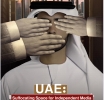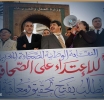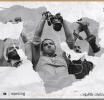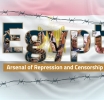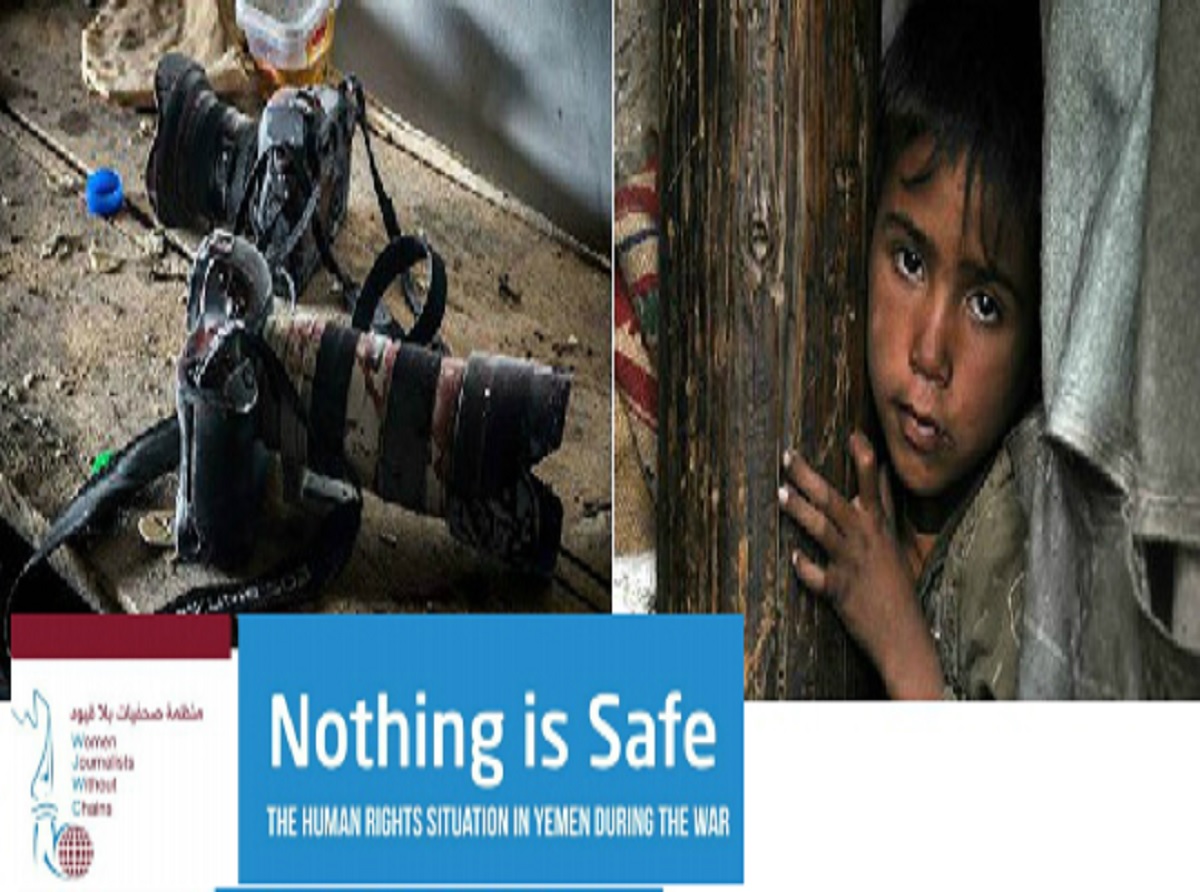Women Journalists Without Chains (WJWC) has released 2016’s report on the situation of press freedom in Yemen.
The report, which was launched yesterday in the temporary capital of Aden, has documented violations against journalists and media workers during last year.
The report titled "under the suppression” pointed out that the year of 2016 was so full of violations against journalists and media professionals that one can say “2016” was the worst year journalists and journalism in Yemen have ever experienced for decades.
The report has documented 208 violations against journalists and media workers, including 51(24.52%) threat cases, 35 (16.83%) abductions, 27 (12.98%) attempted murders, 15 (7.21%) arbitrary dismissals, 12 (5.77%) physical tortures.
It was also pointed out to other cases as follows: twelve (5.77%) cases of electronic hacking, ten (4.81%) cases of breaking into media institutions, nine (4.33%) cases of detention, nine (4.33%) cases of murder, eight (3.85%) injuries and eight (3.85%) attacks.
Five journalists have been arrested, four cases were arbitrarily stopped from working, other four cases were subjected to chasing and surrounding, three cases were subjected to violent incitement, two cases were prosecuted and two media institutions were burnt, according to the report.
Based on WJWC’ report, the Iran-backed Houthi group in collaboration with Ali Saleh resorted to silencing the opposing voices due to their extremely important role just immediately after they dominated over the political and administrative decision in the capital of Sana’a and other cities.
Houthis and allied forces loyal to ousted president Saleh, the report continued, started to target journalists and media workers, who were subjected to being killed, injured, arrested and abducted, break into many TV channels, radio stations and media institutions and block websites.
The report stressed that when the putschists took over the capital and seized control of the state media, journalists and media workers found themselves forced to leave jobs in governmental and nongovernment media, noting that some left the countries in fear of prosecution and arrests.
"Houthis and Saleh believed that whoever controls the media controls everything, and that's exactly what happened. They completely took control of all media outlets so that the media scene has become free any dissenting voices,” stated the report.
The report emphasized that February’s Revolution had laid the first brick in the course of freedom of opinion and expression, which led to unprecedented momentum in the media scene in Yemen, and that this bothered Saleh and Houthis who think they are above criticism and accountability.

 En
En  Ar
Ar 

